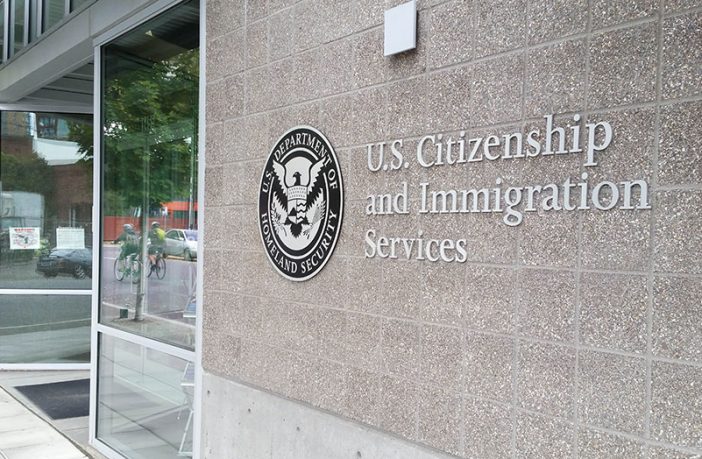U.S. Citizenship and Immigration Services (USCIS) is struggling. The agency that handles and processes all legal immigration into the country is running out of money. Why is that? It is because USCIS – uniquely – funds itself by levying fees on immigration applications, forms, and the like. With less immigration largely because of COVID-19, USCIS sees less revenue. Some argue that the regular appropriations process should fund USCIS. This would be a monumental mistake.
President Trump responded to the worldwide coronavirus pandemic by slowing or pausing travel and immigration from scores of countries, greatly reducing the number of immigrant applications and forms sent to USCIS and thus starving the agency of fees that fund the entire operation. USCIS, in turn, continues asking Congress for an emergency influx of cash in the next round of stimulus funding.
Temporary funding may become necessary to keep USCIS afloat during the unprecedented economic effects caused by the response of state, Federal, and international authorities to the coronavirus pandemic. But under no circumstances should USCIS become entirely funded by the appropriations process.
There are a few reasons for this. One – the fee-for-service model is efficient in normal times. Taxpayers should not foot the bill for for the services required to handle immigration applications. Making the prospective immigrants, their sponsors, and their employers pay for these services is common sense. It further reinforces the idea that the proper role of USCIS is not merely to churn out visas to the United States, whether nonimmigrant or immigrant. Rather, the responsibility of the agency is to conduct a thorough investigative procedure that protects the interests and security of the nation. It is not a bad thing for a government agency to practice fiscal self-sufficiency as USCIS does in normal times.
Second, USCIS’s funding ensures that it does not become another plaything of politicians engaging in political gamesmanship. Both Republicans and Democrats use the appropriations process to push through ridiculous partisan goals and preferences, to say nothing of extraneous pork barrel funding. Can you imagine what open-borders and anti-reform zealots could write into USCIS’s funding? We already know what the House Democrats do with the Department of Homeland Security (DHS) appropriations bills. DHS is the parent agency of USCIS.
Recall the House Democrats’ initial Fiscal Year 2020 bill for DHS. It included numerous proposals that would have gutted immigration enforcement and reform. One amendment barred the DHS Secretary from using any appropriated funding to enforce or implement nine different immigration-related executive actions ordered by President Trump.
If USCIS had to go through the same appropriations process for funding that DHS, Immigration and Customs Enforcement (ICE), and Customs and Border Protection (CBP) do, then it would merely politicize the funding of another immigration agency. This is true regardless of which party holds power in the House of Representatives.
Any calls or suggestions for USCIS to transition to an appropriated funding model ignore the political nature of the budget process. Temporary funding may be necessary to bolster the agency now, but that will not always be the case. USCIS funding will return to normal once immigration levels rise after the end of the coronavirus crisis fades. Better yet, if immigration levels remain low, USCIS will adapt with the funding, tying their needs to the requisite level of immigration. Tying USCIS’s funding to the whims of politicians will create future headaches for proponents of immigration reform.




